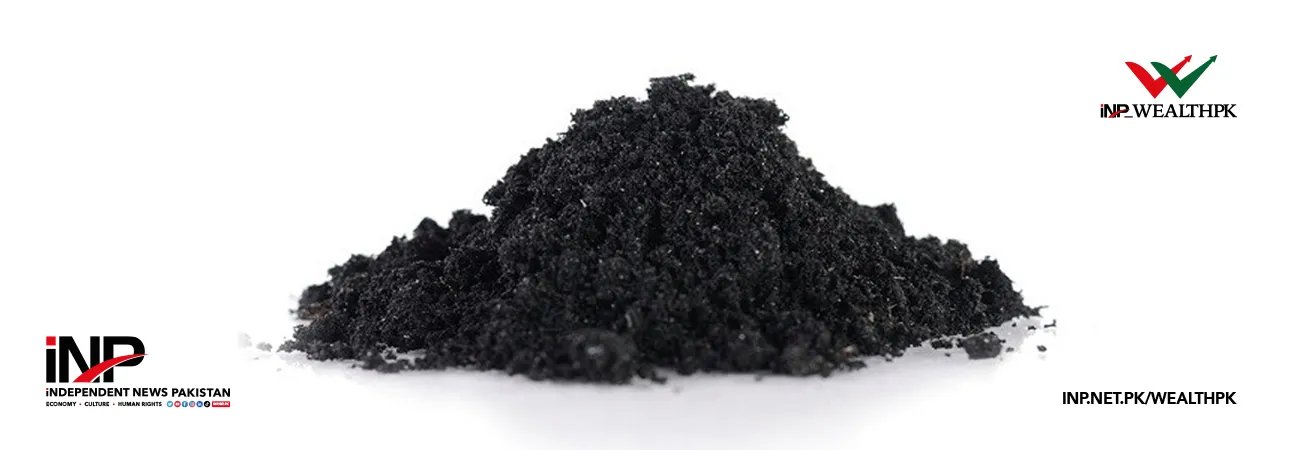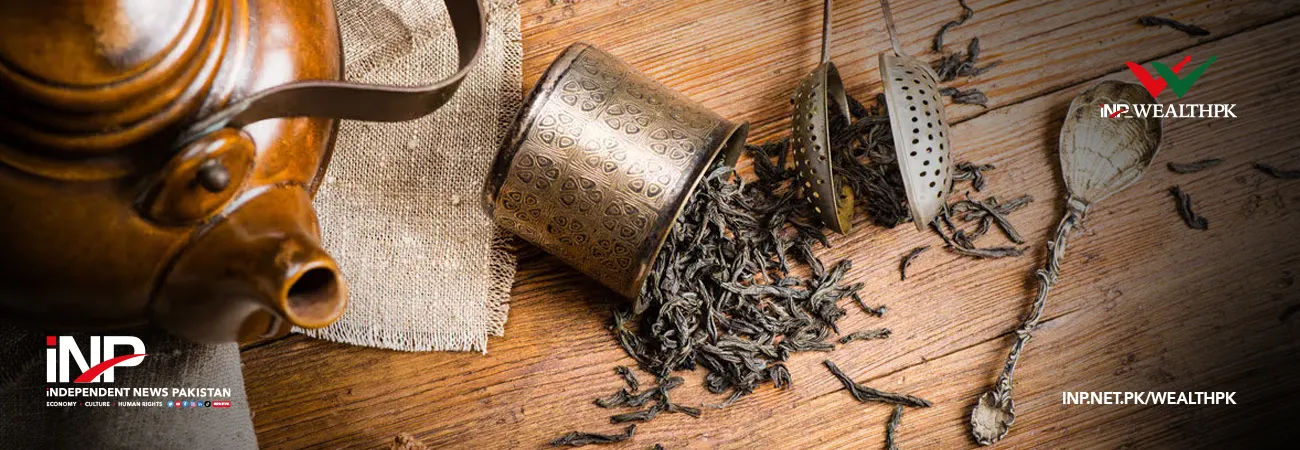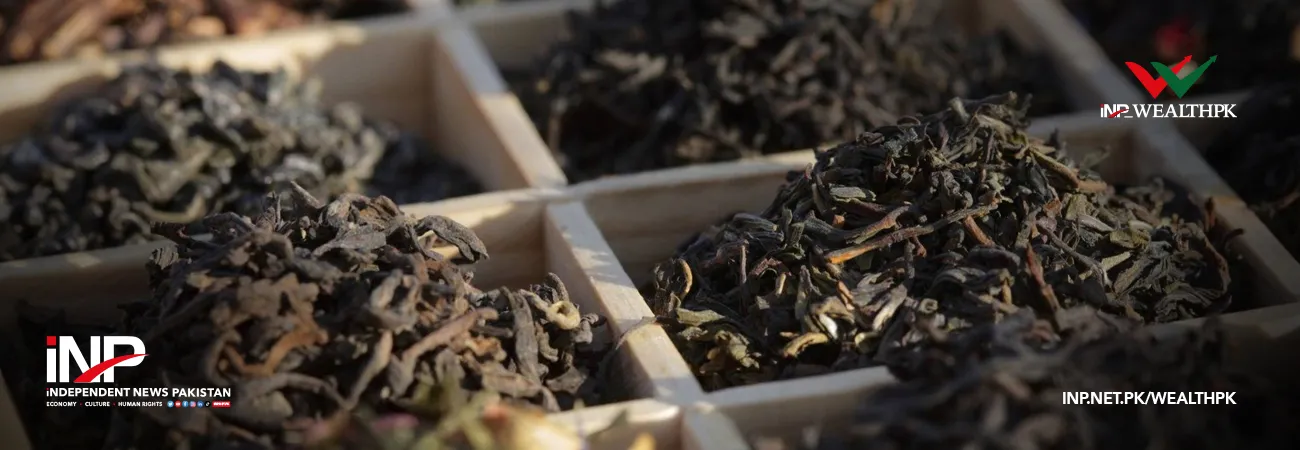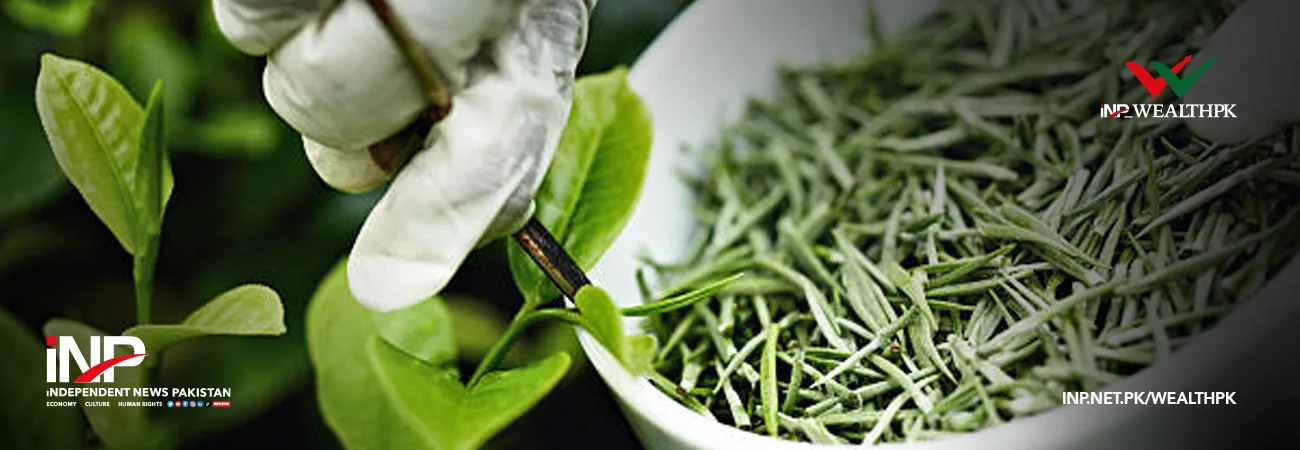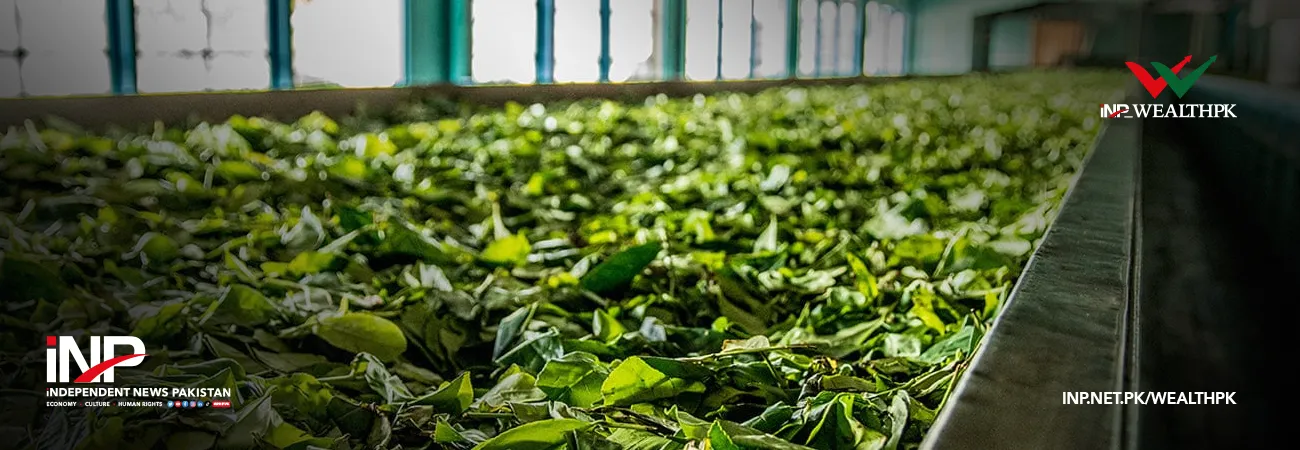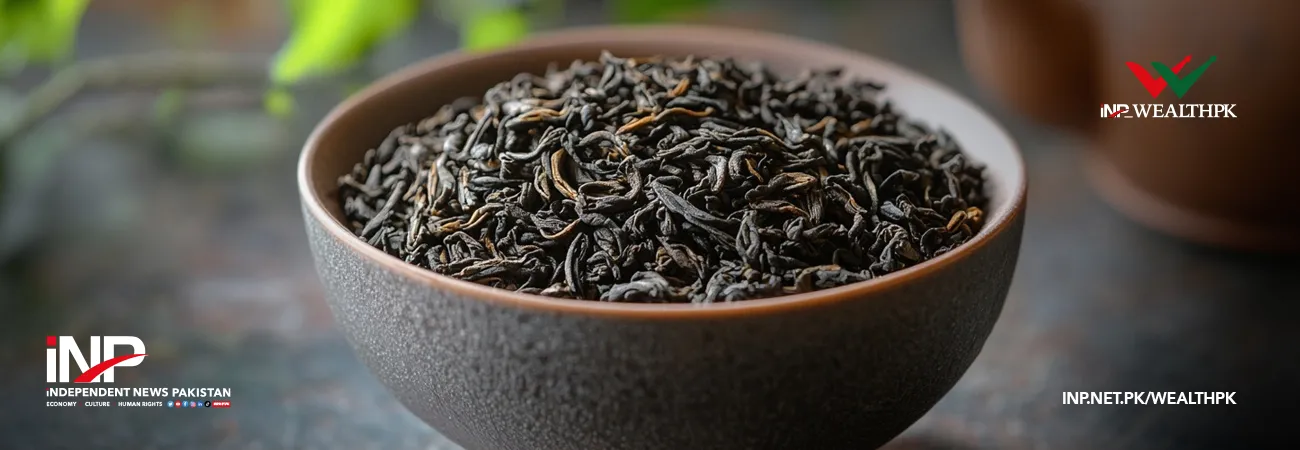INP-WealthPk
Faiza Tehseen
Pakistan can reduce its reliance on the imported sodium silicate and silica by extracting these materials from rice hull, which will not only cut the import cost but also open a new window of opportunities, opined Manager of University Industrial Linkages from the Pakistan Institute of Engineering and Applied Sciences (PIEAS) Dr Khalid Waheed, while talking to WealthPK.
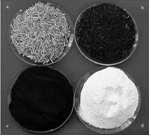
He said, “Pakistan is a rice-producing country. According to the yearly data collected by the government in 2023-2024, the total production of rice was about 9 million tons. From this quantity, 20% hull was produced, while burning the husk produced 20% ash. The milling by-product or hull produced from the said quantity was around 1.8 million tons. The burning of 1.8MT hull in boilers produced a lot of ash.” Pakistani farmers usually burn hull and dump ash on the roadsides, and in rivers, canals or water courses, causing environmental problems. The rice hull ash (RHA), after slight refining, can be turned into sodium silicate – a valuable product. By further processing, 99% pure silica can be extracted.
Dr Waleed further told WealthPK, “RHA can be produced safely by burning it as a bio-mass in industrial boilers. When the boilers work, the Environmental Protection Agency (EPA) ensures environmental safety. All the boilers running on bio-mass are equipped with the sophisticated off-gas treatment technology for stopping the pollution emission into the air. So, rather than dumping RHA irresponsibly, its proper treatment will save the environment.” “We are producing 99% silica that is best for a multitude of industrial purposes but it is not of chip or solar grade. We need to work on it. The US recently produced 99.999% high purity, solar or chip grade silica in a single step.
The same type of research is important in Pakistan as well,” he said. Both the by-products – sodium silicate and silica – obtained from RHA are highly demanded industrial scale items. Sodium silicate is used for fire proofing, wall board making, as a sealant and insulator, and in the manufacture of detergents, soil treatment, petroleum industry, automotive repair and metal casting. He said, “Silica is also used for a variety of industrial purposes – manufacturing of glass, ceramics and cement. It is used in foundries, automotive industry, for water filtration and construction. It is widely used as a plant nutrient. There is too much export potential in it. The Netherlands and South Korea import it in large quantities.
The United Arab Emirates (UAE) is also a major importer. “China is also producing sodium silicate and silica from RHA. We can import from Chinese processing plants but our local machine production industry can also manufacture RHA processing units. PIEAS is interested in sharing the knowledge and transferring the technology, which will lead Pakistan towards industrialization.” Assistant Director at the Punjab Agriculture Department, Lahore, Naveed Ahmad told WealthPK, “Some countries extract and use it as a fertilizer. Indonesia is one of the largest producers of silica from rice hull.
As per research, it is useful for citrus and other crops but studies still continue.” He said silica increases plant resistance against diseases and insects, makes them more drought-tolerant and improves growth through photosynthesis. Initial trials have been performed globally, while research continues in few countries. “If it can be extracted from RHA through safe burning, obviously it will be considered a good solution to save the environment and gain valuable by-products. According to the initial working, silica is beneficial for both crops and orchards,” said Naveed.
Credit: INP-WealthPk



